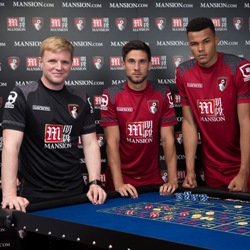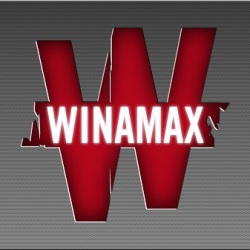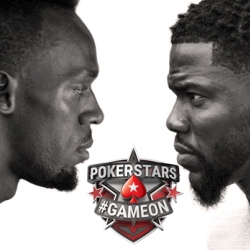Importance of Betting Companies to Premier League

For Americans who aren’t major soccer fans, it can be hard to know what teams you’re seeing on the field during the UK’s Premier League games, as instead of seeing team logos on the front of their jerseys, many Premier League teams show off the logos of major sponsors, instead.
Nevertheless, teams in the professional soccer league have used their jerseys as advertising space for years. What has changed, however, is that while in the past you’d see teams sporting the logos of airlines, chain restaurants, soda, beer brands and other well-known companies, these days more and more team jerseys are showing off a recurring theme–the logos of gambling companies.
Online Gambling Sponsorship Exploded
Before the 2002/03 season, gambling companies were completely out of the Premier League sponsorship business, until Betfair broke new ground by becoming a sponsor of Fulham F.C. Other teams soon followed, and by the Premier League’s 2012/13 season, 25 percent of all sponsorship revenue was derived from gambling companies that were spending 1400 percent more on advertising that year than they had back in 2005.
In 2014, however, the UK Gambling (Licensing and Advertising) Act mandated that the only companies allowed to advertise were those that had valid UK gambling licenses and were willing to pay a 15 percent tax on profits from UK customers. This initially caused sponsorship deals to decline slightly, but after just one sluggish season sponsorship deals surged once more, and now in the 2016-2017 season, gambling companies account for half of all sponsorship revenues, a major increase from the 2014-2015 season when the gambling industry was responsible for 35 percent of all sponsorship.
A Natural Connection
So why all the interest in sponsoring UK Premier League soccer teams? For UK-based and offshore gambling companies, the appeal is easy to understand. Sports betting is one of the gambling industry’s most profitable lines of business, and in the UK betting on soccer games is incredibly popular. With their logos right on the jerseys of the teams on the field, gambling companies are constantly reminding fans that they can bet on the action unfolding during matches. Elaborating further, Sportquake CEO Matt House recently explained:
“Gaming is the fifth biggest investment category in the Premier League behind sporting goods, financial services, airlines and automotive. Gambling companies like this space because it’s a very, very efficient way to reach their core audience of sports bettors. The most bet upon sports product is football and within that the most bet upon football product is the English Premier League.”
The benefits of Premier League advertising for gambling companies go beyond being able to directly connect with their target market, though. Involvement with the Premier League subtly helps to shift the perception of gambling businesses from those that simply deal in vice to one of them being viable and legitimate companies. Having their logos displayed beside those of other major titans of industry therefore adds legitimacy to their brands, and as House explains:
“So via aligning with famous brands such as Liverpool, Manchester United, Standard Chartered, Nike, Adidas, Wayne Rooney and so forth they are perceived to be credible which is important in the betting industry because it is then perceived that you will pay out on bets.”
An Uncertain Future
Gambling sponsorship benefits advertisers and Premier League teams, but not everyone is happy about the arrangement. Critics argue that the connection between gambling and football does not need to be strengthened more, as it could prove too much for those people who suffer from gambling addiction.
Many are calling for reforms to the Gambling Act that would outright ban gambling advertising on television. If this were to happen, there is a chance that the ban would extend to prohibiting gambling companies’ logos from being displayed at all televised events. It’s likely that the Premier League would fight such a move, though, as it’s clear that betting on gambling sponsorship has allowed them to win big so far. Nevertheless, as House explains:
“Tobacco advertising used to be very prominent in Formula 1, soft liquor used to be very prominent across all sports. Tobacco has now been completely banned while the rules around what you can and can’t do with hard liquor are very, very tight. There will be similar pressures on betting in the next five, 10, 20 years for sure. Which is why you’re seeing all of this detail on TV adverts saying ‘bet responsibly’ and ‘when the fun stops it’s time to stop’.”










